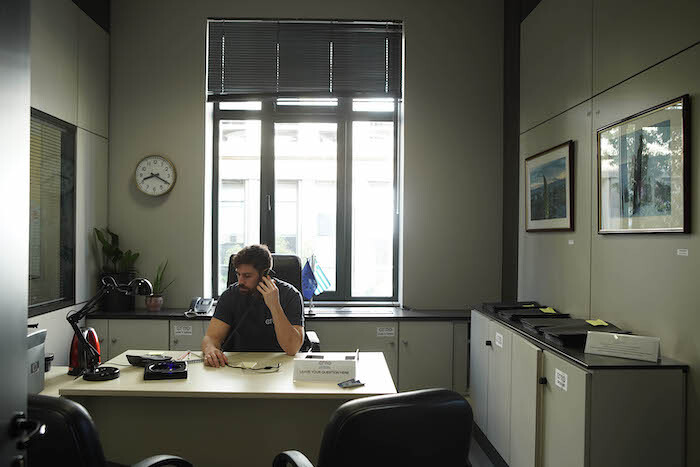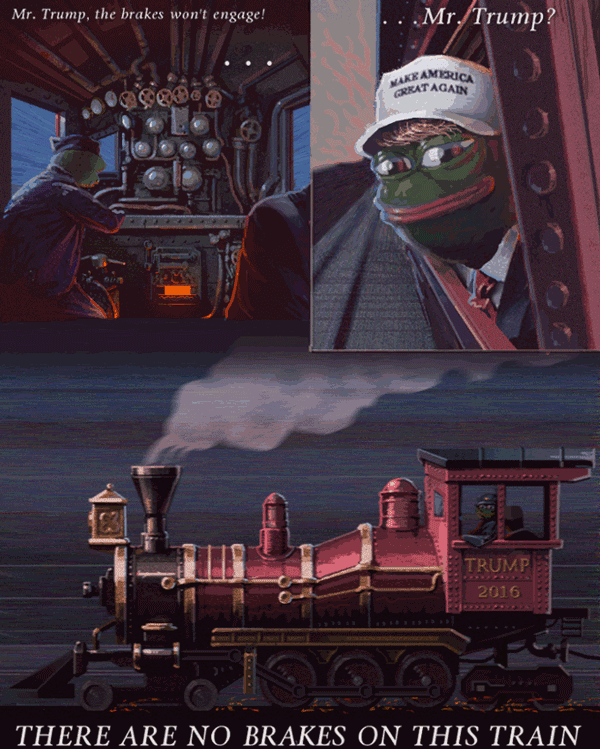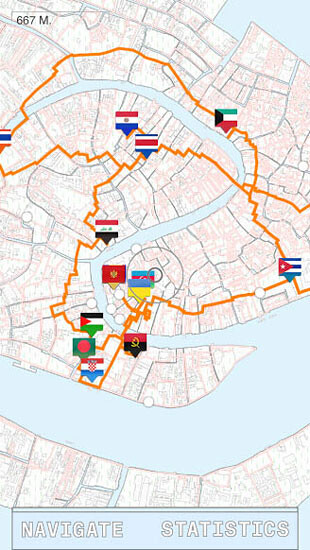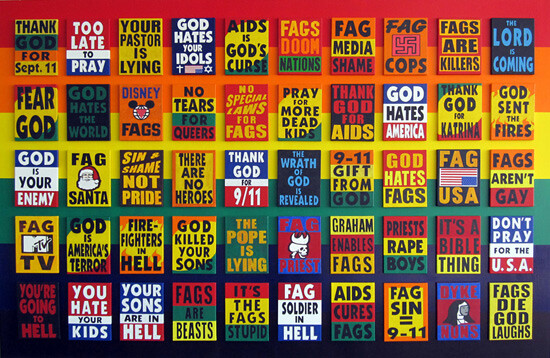According to the traditionalist mindset, modern repressions have filled the world with troubled spirits. This is why the world has come to resemble a horror movie. Case in point: the vivid emergence of the Yakut horror film in the post-perestroika era, coinciding with a broad return to shamanic beliefs—both expressions of an ethnic renaissance. As the film Setteeh Sir suggests: this land has been stripped of its tradition, as the NKVD has confiscated the shaman’s tambourine. The couple at the center of the film return to their ancestral Yakut village, largely emptied in the years of Sovietization. They face a succession of difficulties, because the place is filled with ancestral spirits enraged at their progeny. Redemption will not come easy: malignant spirits, wrought by human evil and human error, will not simply go away. In a larger sense, horror is people and ideas driven out of society. The ghoulish corpses and dolls are those whom society has destroyed in its civilizing efforts.
Regardless of which Christian sect we ascribe it to, universalism remains a Western intellectual product. In reality there has been no universalism (at least not yet), only universalization (or synchronization)—a modernization process rendered possible by globalization and colonization. This creates problems for the right as well as the left, making it extremely difficult to reduce politics to the traditional dichotomy. The reflexive modernization described by prominent sociologists in the twentieth century as a shift from the early modernity of the nation-state to a second modernity characterized by reflexivity seems to be questionable from the outset.






